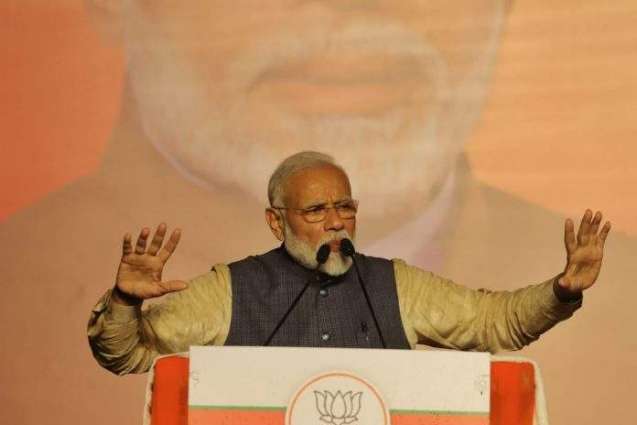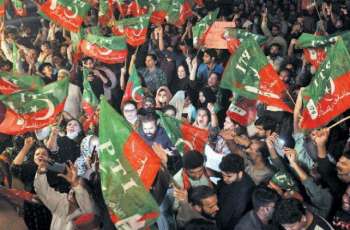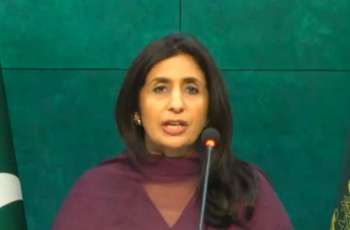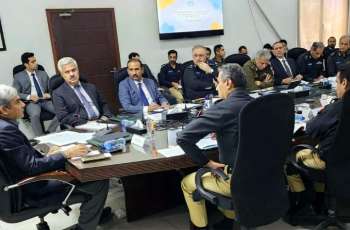Scholars worry that surge of Hindu nationalism in India would not only have domestic implications for it, but could have serious repercussions for regional peace and security
Islamabad (Pakistan Point News / Online - 18th December, 2019) Scholars worry that surge of Hindu nationalism in India would not only have domestic implications for it, but could have serious repercussions for regional peace and security.They were speaking at a seminar on India's Strategic Posture and Implications for Stability in South Asia', which had been organized by Center for International Strategic Studies, (CISS) in collaboration with University of Sargodha.
The seminar was held as part of CISS-Outreach Program aimed at engaging with students and faculty of universities located outside Islamabad. CISS outreach program focusses on strategic and nuclear issues. Ruling BJP had campaigned in this year's polls on a hardline Hindu nationalist agenda. Therefore, Prime Minister Narendra Modi, has since his re-election stepped up efforts for empowering Hindu majority at the cost of other minorities particularly Muslims.
Former Senior Strategic Plans Division (SPD) official Khalid Banuri, speaking on this occasion, observed that the rise of ultra-nationalism was a grave challenge to global and regional stability. "Regionally, India's rising extremism reflected in Hindutva is a dangerous trend and needs to be countered with Pakistan's aggressive diplomacy sustained over a long period of time," he maintained.Recalling the Balakot stand-off, he said that Pakistan's "proportionate and calculated" response to India's "failed" strikes demonstrated the capability and will to respond to aggression using conventional means.
The response, he contended, also proved wrong the Indian assumption that Pakistan would exercise restraint and not respond.Director Centre for Aerospace and Security Studies (CASS) Dr Adil Sultan, while discussing the rise of Hindutva in Indian polity, noted that the ominous implication of this dangerous trend was that the Indian leadership was now caught in a commitment trap'. He cautioned that any incident in India in future, because of the increasing domestic challenges there, would tempt Delhi to use Pakistan as a scapegoat.
Indian leadership, in such an eventuality, may also attempt to publicize their ability to "punish Pakistan" for bolstering its nationalist credentials, he added.Talking about failed Balakot strikes, Dr Sultan said, Pakistan's response manifested that it has adequate conventional responses while busting the popular myth that Pakistan is a trigger-happy country which when attacked conventionally would respond with nuclear weapons.Vice Chancellor University of Sargodha Dr Ishtiaque Ahmed said that unfolding events in India show that Indian policies are based on racism; ethnic and racial exclusiveness; and suppression and victimization of minorities.
He said that Pakistan could be affected by these events.Executive Director CISS, Amb Ali Sarwar Naqvi, in his introductory remarks, said "the strategic picture in the region remains worrisome as the region experiences intense security competition. From Brasstracks to Cold Start Doctrine (CSD), limited strikes to surgical strikes, the Indian strategic ambition has been manifest in many shapes and forms".





